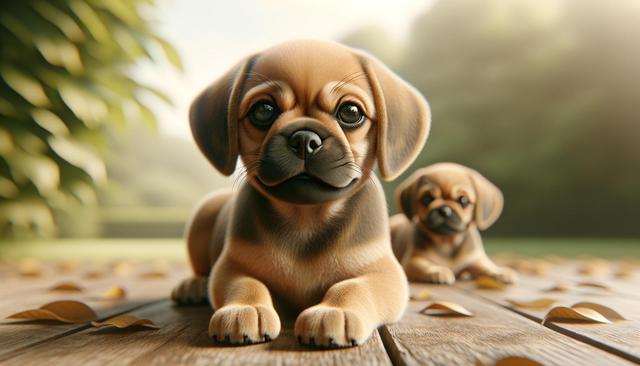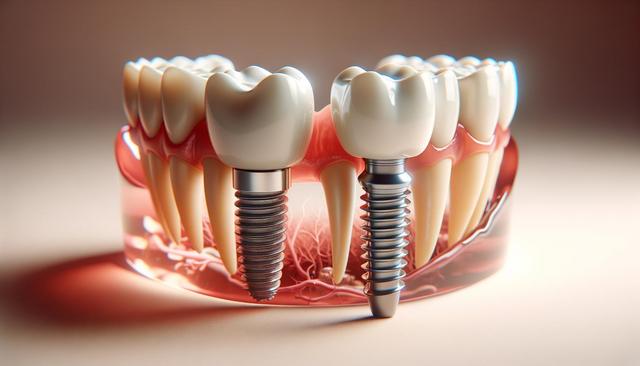What is a Puggle Puppy?
Puggle puppies are a crossbreed between a Pug and a Beagle, combining the affectionate and playful traits of both parent breeds. This designer breed first gained attention in the early 2000s and has since carved out a loyal following among dog lovers. With their expressive eyes, wrinkled faces, and soft, short coats, Puggles often inherit the best features of both breeds. Typically, they weigh between 15 to 30 pounds when fully grown, making them a suitable choice for those looking for a small to medium-sized dog.
Their temperament is a balanced mix of the Beagle’s curiosity and the Pug’s loving demeanor. Puggles are known for being social and adaptable, making them excellent companions for families, singles, and seniors alike. However, they can sometimes inherit the stubborn streak of their Pug parent, which may require a bit of patience during training.
Temperament and Personality Traits
One of the most appealing aspects of Puggle puppies is their personality. These dogs are typically friendly, outgoing, and enjoy being around people. Their social nature means they often do well in homes with children or other pets. However, early socialization is key to ensuring they grow up to be well-mannered adults.
Here are some common personality traits of Puggle puppies:
- Affectionate and loving
- Playful and energetic
- Curious and intelligent
- Sometimes stubborn but eager to please
Because of their Beagle heritage, Puggles may have a strong sense of smell and a tendency to follow scents, which can sometimes lead them astray if not properly supervised. At the same time, their Pug lineage brings a desire for human attention and closeness, making them excellent cuddle buddies.
Training and Socialization
Training a Puggle puppy can be a rewarding experience, especially if you use positive reinforcement techniques. These dogs respond well to treats, praise, and consistency. However, due to their occasionally stubborn nature, it’s important to keep training sessions short, engaging, and fun to hold their attention.
Socialization should begin early. Introducing your Puggle to various people, pets, and environments will help prevent anxiety and behavioral issues later in life. Puppy classes can be a great way to start this process while also reinforcing basic obedience skills.
Key training tips for Puggle puppies include:
- Start training early while they are still curious and open to learning
- Use consistent commands and routines
- Reward-based methods yield the best results
- Keep sessions short and playful
Crate training can also be beneficial, giving them a safe space to relax and facilitating housebreaking.
Grooming and Health Considerations
Puggle puppies have short coats that are relatively easy to maintain, though they do shed, especially during seasonal changes. Regular brushing—about once or twice a week—can help manage shedding and keep their coat healthy. Bathing should be done as needed, typically once a month or when they get particularly dirty.
As with any mixed breed, Puggles can inherit health issues from either parent breed. Common concerns may include:
- Hip dysplasia
- Respiratory problems (common in Pugs)
- Ear infections (due to floppy ears)
- Obesity
Routine vet checkups, a balanced diet, and regular exercise are essential to keeping your Puggle healthy. They also benefit from dental hygiene practices, such as brushing their teeth or using dental chews approved by veterinarians.
Exercise Needs and Daily Life
Puggles are moderately active dogs that enjoy daily walks, playtime, and mental stimulation. While not as high-energy as purebred Beagles, they still require regular activity to prevent boredom and unwanted behaviors. Typically, 30 to 60 minutes of activity per day is sufficient to keep a Puggle content and healthy.
Activities that Puggles enjoy include:
- Walks in the park
- Interactive toys and puzzle feeders
- Play sessions with other dogs
- Basic agility or scent work
Because they are social animals, Puggles may not do well when left alone for long periods. They thrive in homes where someone is often around or where they have another pet companion. Creating a consistent routine for feeding, walks, and rest helps them feel secure and well-adjusted.
Conclusion: Is a Puggle Puppy Right for You?
Puggle puppies are a delightful addition to many types of households. Their affectionate temperament, playful energy, and manageable size make them a versatile companion for both individuals and families. However, like any dog, they require time, training, and consistent care to thrive. If you’re looking for a loyal, sociable dog with a mix of charm and curiosity, a Puggle might be the right fit for your home. By understanding their needs and characteristics, you can create a nurturing environment where your Puggle puppy can flourish.




Leave a Reply